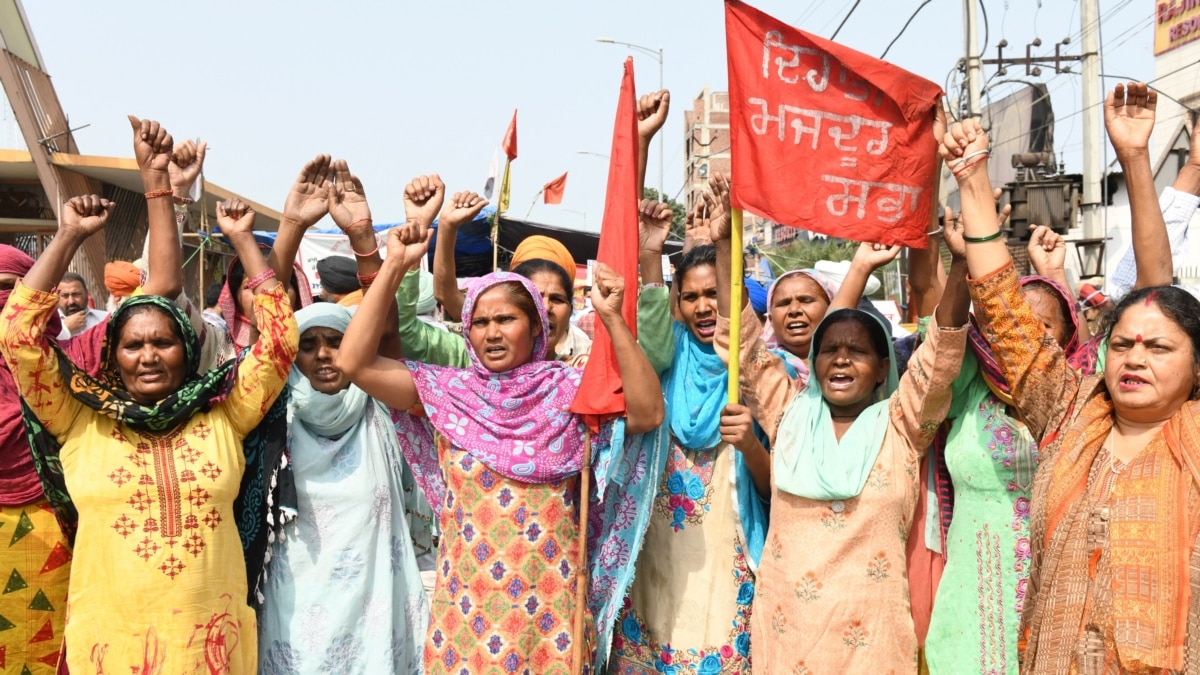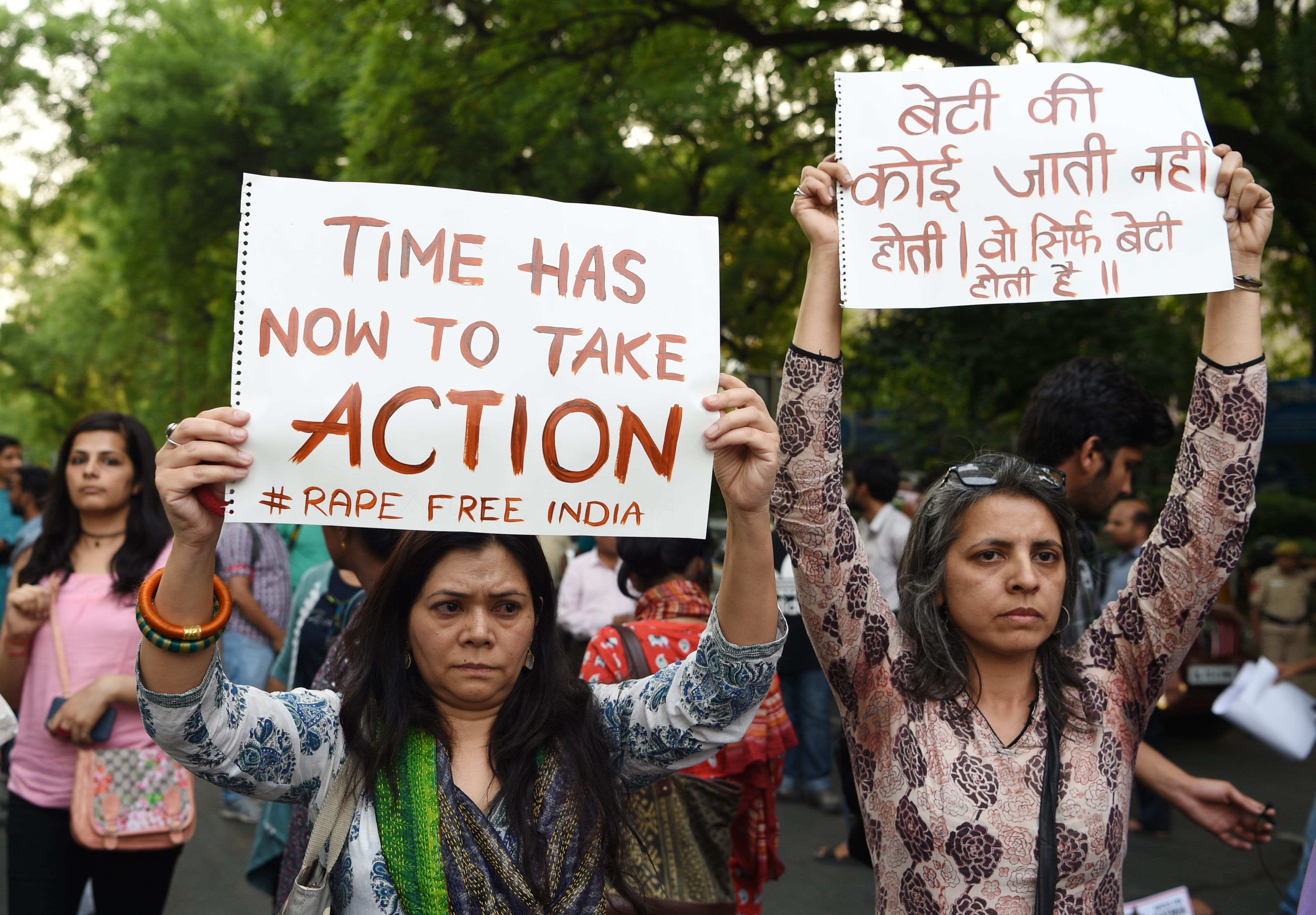When you love something, you can easily turn a blind eye to things that are flawed in its system. It is normal to sometimes put what you love, on a pedestal. It is normal to see it in a light that only makes it look ‘right’. This often goes for the things we also respect. Or at least that’s how society likes to perceive it. That respect is drawn from fear, when in fact, it’s almost the opposite.
But love, in its most profound form, is not blind. When you cherish something with all your heart, you must address its flaws. For instance, when the city you once adored reveals its failures, and so does the nation you call home. We begin to notice the cracks in the façade, the issues that previously went unnoticed. Suddenly, the comfort of familiarity is marred by the reality of systemic failures. It’s a hard truth to face: the place you love is not perfect. It is not an easy realization.
)
And when you dare to voice your concerns about these imperfections, it is not met with the same empathy. Criticism replaces conversation. You’re met with accusations of ingratitude – worse, you’re told that you should leave. It’s as if questioning the flaws of something you love is a betrayal, an act of disloyalty. This only means that respect for your nation means keeping quiet, accepting its imperfections as if they were virtues. But in truth, respect involves acknowledging the flaws and working for improvement.

What do you truly want from your country? A just system, accessible food, fair employment, infrastructure that reflects the taxes you pay, safety, equal treatment, and maybe just some empathy. These are not big asks. They are basic necessities that should be within everyone’s reach. Despite that, when these needs are asked for, they are met with criticism, as if asking for these rights is an imposition.
When you find yourself being questioned for simply asking for what you deserve, it’s important to stop – look around and think. When your legitimate requests are met with hostility, it becomes clear as to why so many choose to leave the comfort of their homes behind. The decision to move to another country, to start over from scratch, speaks volumes. It is a testament to how deeply broken things must be for someone to leave everything they know.

Leaving is never easy. It’s not about abandoning comfort; it’s about seeking a place where your voice is heard and your needs are met. If people are willing to trade their familiar surroundings for uncertainty, it highlights a discontent. It suggests that the place they once called home no longer offers the security and respect they seek.
For many, the search is for a safe environment – a space where they are not made to feel inferior or any less. Women, in particular, search for places where their safety is prioritized. It is quite literally the bare minimum. These are not excessive demands; they are fundamental rights. When expressing such needs results in being told to “leave the country,” it points at a severe issue. The message is clear: your presence is unwelcome if you dare to ask for what you deserve.

Feeling like an outsider is added by the realization that leaving might be the only rational choice. It’s a lot like the complex emotions of disagreeing with a parent: you know they don’t always understand you, but they still represent what you call home. No matter how many disagreements you have, the love remains. It’s the same with your country. Despite its shortcomings and the pain it causes, the love for it is undiminished. Yet, when that love is met with rejection, it creates an unbearable dichotomy – where staying feels impossible and leaving feels inevitable.

In the end, the heart yearns for a place where it is not only loved but also valued. A place where asking for basic rights does not equate to betrayal. When a home becomes a battleground, the hardest part is the emotional struggle of leaving behind what once felt yours, in search of a place where your love and loyalty are met with the respect and justice you deserve.

















